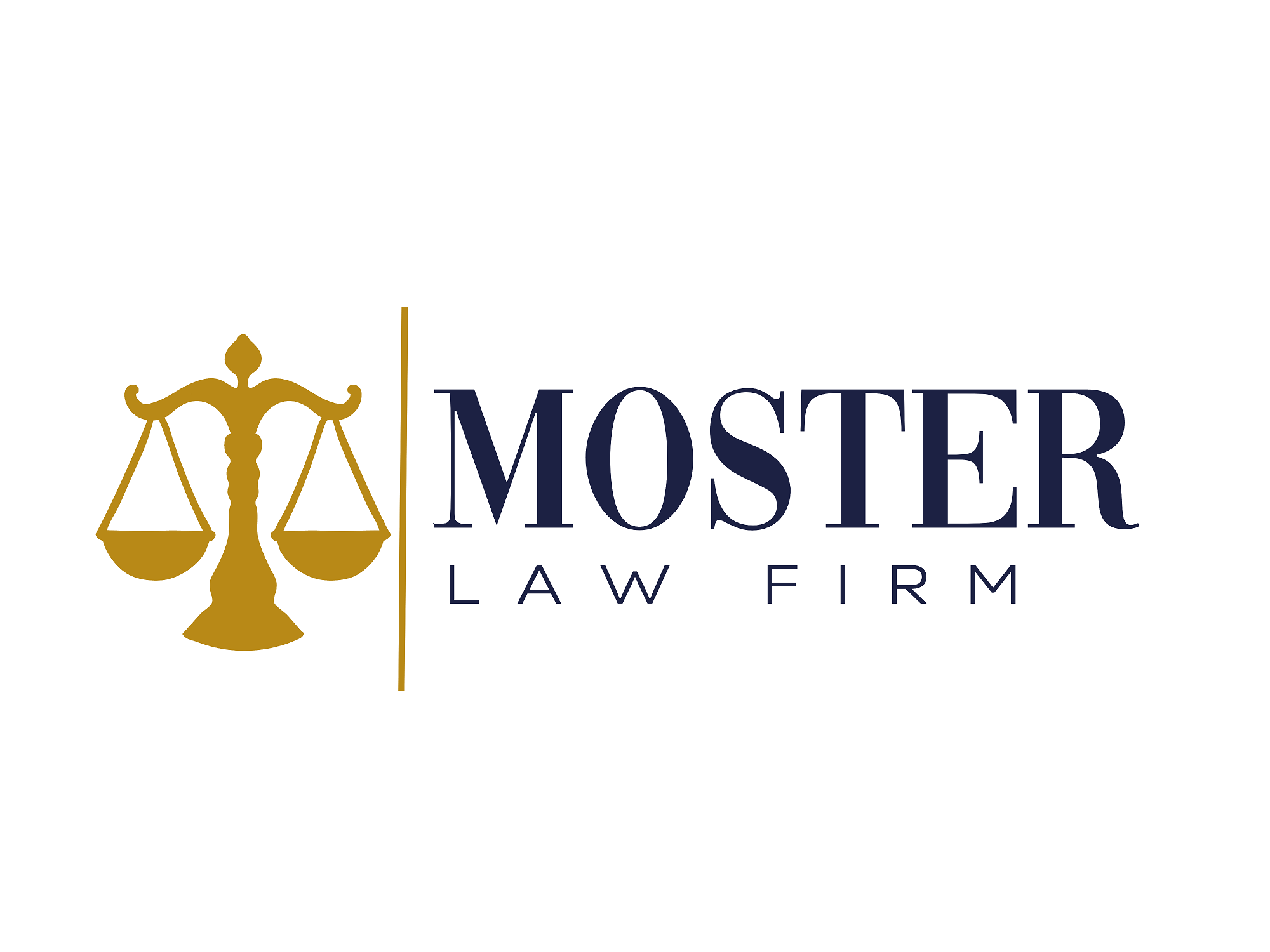As a Texas Business Attorney, I have attempted for decades to better describe my services to prospective clients by changing my professional references to more specific categories like Business Litigation, Business Startup, Business Intellectual Property, and so on. The term “Texas Business Attorney” is so general that it creates confusion on the part of clients as to precisely what legal services they need and how to qualify a prospective law firm to act as their counsel. The analogue would be to refer to every area of medicine as “Family Practice” as it potentially affects the health of families in general.
The practice of Texas Business Attorney encompasses multiple areas of concentration and focus. As in the medical reference above, a more precise understanding of what legal services business attorneys render will increase the likelihood of selecting the right professional. Here are a few pointers which identify the numerous areas of business law practice:
1. Texas Business Startup Attorney (basic) – This is a relatively simplistic area of practice which can become quickly complex, so it is important to find a law firm which can “scale” its legal services. By that I mean the ability to simplify documentation when necessary to better serve the purposes and budget of smaller companies. As an example, a small startup trucking company needs basic formation documents to create a limited liability company or LLC, but not at the complexity of a multimillion dollar venture. It should be a simple undertaking and at a fraction of the cost. Many attorneys, particularly large firms, are unable to scale down to accommodate smaller clients and consequently incur legal costs which are unnecessary.
BTW- startup legal services include “formation” which relates to the basic documents to set up an entity in Texas whether an LLC, corporation, limited partnership, non-profit, or other configuration. It is definitely not rocket science!
2. Texas Business Startup Attorney (intermediate to complex)-
This would involve more complicated business startup legal services to draft the agreements between the partners whether in a company agreement (LLC) or shareholders agreement (corporation). A simple LLC or corporation typically has standard terms which can be reused but not arrangements which are more specialized based on a myriad of factors including percentage ownership shares, vesting arrangements, loans vs. investment in the company, buy-sell agreements, etc. These configurations require the skills of an experienced Texas Startup Attorney.
3. Texas Business Intellectual Property-
This is often overlooked as it may be considered a separate area of practice and not offered by business attorneys who have a generalist practice. In my opinion, almost all new and existing businesses require IP assistance to protect their branding and confidential information which is as important as revenue. This requires a Texas IP attorney with extensive background in intellectual property and includes trademarks, trade secrets, copyrights, and even patent law.
4. Texas Business Litigation –
Many Texas Business Attorneys do not handle litigation matters and limit their services to strictly formation. If your business has been sued or is in need of filing a lawsuit against another party, seek out a law firm which is extensively involved in business litigation. A generalist will typically not have this vital background which is so critical for your decision making.
5. Texas Business Transactional Law –
These are the attorneys who can draft the critical contracts you need for business which form the lifeblood of your revenue. These agreements are varied an include vendor contracts, licensing agreements, employment contracts, independent contractor agreements, etc. Do NOT pull these off the web because you have no idea where they came from! Contracts are specialized and always seek out an experienced Texas Contract Attorney. If you cut corners, you lose.
6. Texas Business Labor Law –
This is almost always overlooked but applies to government agencies at the state and federal level that effect daily operations. If you fail to understand requirements imposed by the Texas Secretary of State and particularly the Texas Workforce Commission, you may inadvertently violate applicable laws. The government can investigate, assess penalties, and shut you down. It is critical to understand regulatory requirements and seek out a Texas Business Labor Lawyer.
Bottom Line is to seek out the advice of a Texas Business Attorney who has the capabilities and bandwidth to perform the above services. A generalist may be fine for your needs, but not always.
At the Moster Law Firm we are equipped to address any Texas Business Law issue from basic to the most complex. Give us a call.


